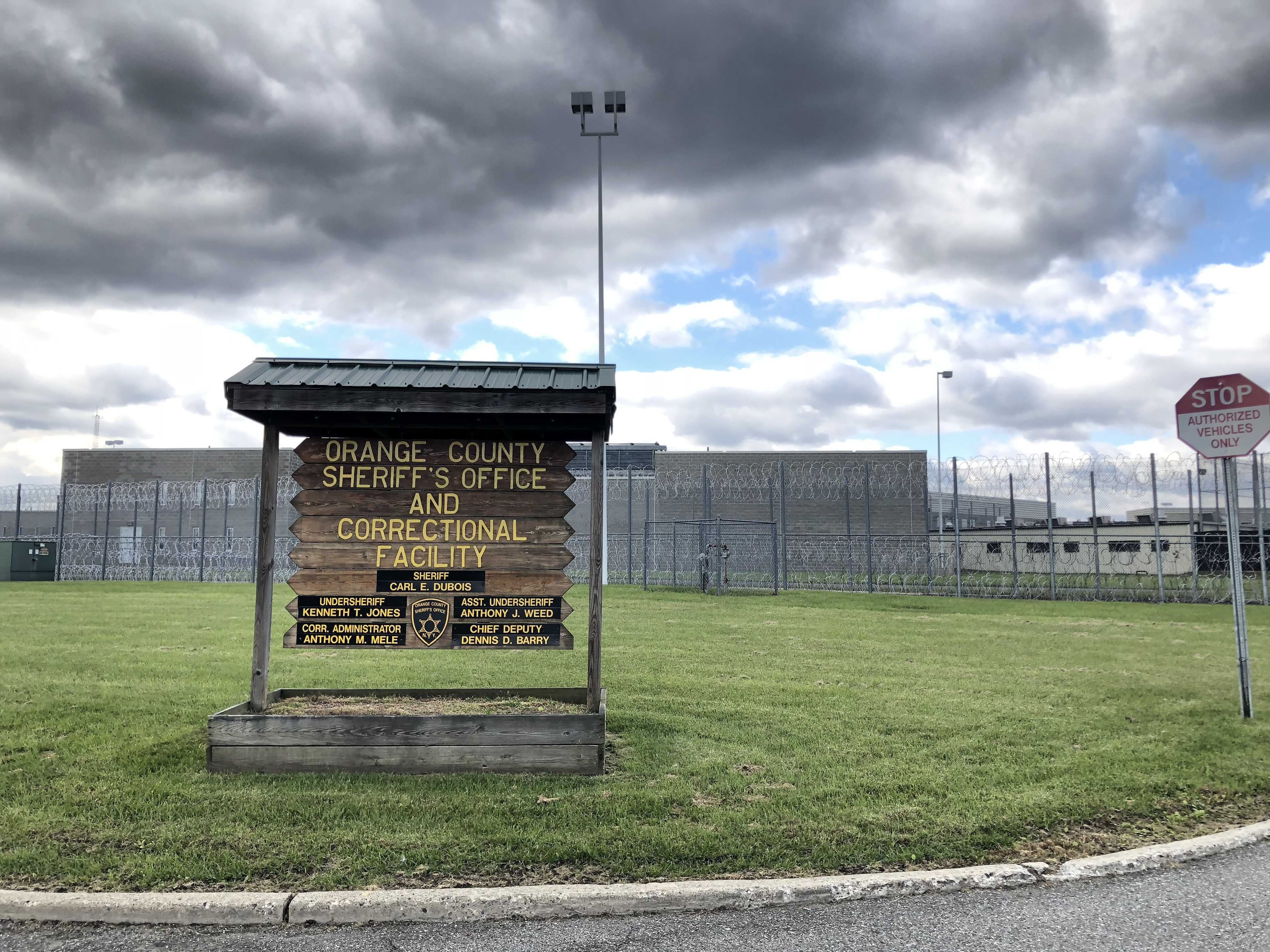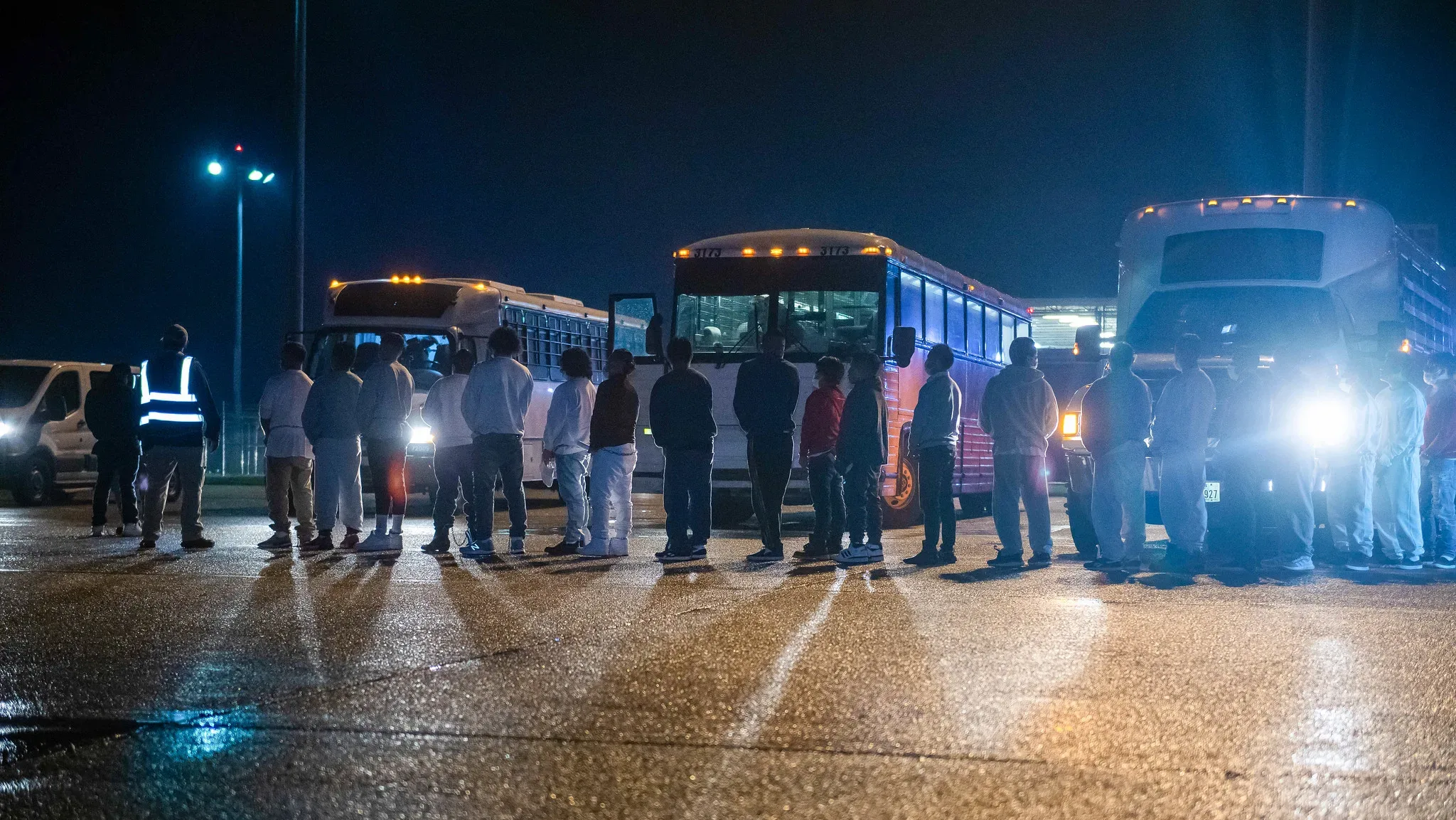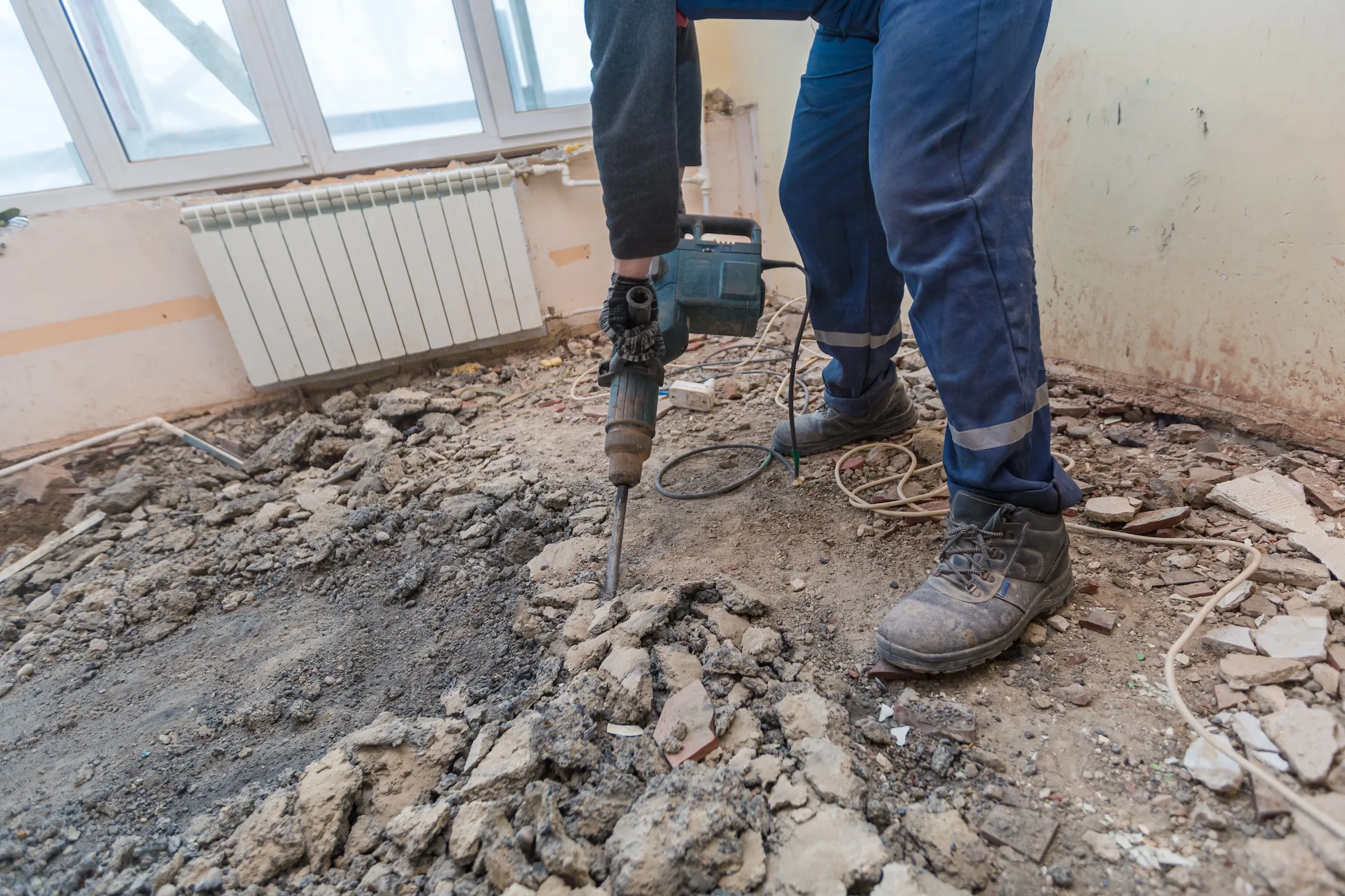A group of assembly members have criticized Orange County jail for its treatment of Immigration and Customs Enforcement (ICE) detainees held in its facilities.
Assemblyman David Weprin, who chairs the Corrections Committee, said he was “quite disturbed” by his visit last week to the Orange County Correctional facility in Goshen, New York. He was joined last week by assembly members Carmen De La Rosa and Nily Rozic.
“I don’t think they should be treated as prisoners” Weprin told Documented in an interview. “In most of the cases they’re [detainees with] immigration violations and in many cases they are individuals seeking asylum.”
Orange County has a contract with the Department of Homeland Security to hold detainees in the custody of ICE. The county receives $133.90 per day for each detainee.
DHS has such contracts – known as intergovernmental service agreements – with dozens of county sheriffs departments around the country. They have come under intense scrutiny as detention rates have skyrocketed under the Trump administration.
Data received by Documented through a Freedom of Information Law request shows that Orange County received a total of about $8 million from the ICE service agreements in 2017 and 2016 and $2.8 million through April of 2018, putting it on track for similar returns this year.
Orange County Correctional Facility referred questions on their immigrant detainees to the county attorney’s office which did not respond at the time of questioning.
Weprin, who represents District 24 in Queens, said that immigrant detainees were being held like regular inmates in general confinement, with mandatory lockdown periods and wearing prison uniforms. Yet many were asylum seekers caught in the backlog of the immigration courts.
Officials told the assembly members that ICE detainees are split into low risk and high risk, with high risk detainees being treated like regular inmates, while low risk are placed in dormitory-style facilities. However, Weprin said that they were not provided statistical data on the number of low risk vs. high risk inmates.
Orange County was cited in lawsuit filed by the New York Civil Liberties Union, Cardozo Law Immigration Justice Clinic, and The Bronx Defenders, that claimed immigrants were being made to wait months for hearings at Varick Street immigration court. Uriel Vazquez Perez, a 43-year old father of two, is the petitioner-plaintiff on the case. He has been detained at the Orange County Correctional Facility since October 30 and has allegedly not yet seen a judge.
[Read more about the lawsuit on detention times here]
Weprin believes that the lawsuit may have led officials at the correctional facility to be more resistant to requests to visit. “They were not cooperative, they were a little hostile,” he said.
The sheriff originally rejected the request to visit the facility but relented after the assemblyman cited Correction Law 500-J which grants public officials the right to visit any local correctional facility. Once they arrived, they were followed by the county attorney throughout the visit. Staff of the members was barred from entering, Weprin said.
This visit follows a previous visit to Albany County Correctional Facility which is also holding immigrant detainees. Weprin said they had a much more welcoming reception from the county sheriff there despite also being dissatisfied with some of the conditions.
[Read more about the different conditions that immigrants face in county jails in New York state here.]
Both jails fall under the jurisdiction of the Committee of Corrections in the state legislature and Weprin said bills are being considered that would improve conditions, including, for instance, mandating legal representation for all immigrant detainees held in state prisons.
Local officials in Hudson County, New Jersey, recently decided to cancel a similar contract with ICE after local activists raised concerns about treatment of detainees. The Hudson County decision has divided immigration advocates who fear that immigrants arrested in New York may end up detained far away from their families with little access to legal support.
Weprin stopped short of calling for local jails to cancel ICE contracts in New York. “I’m kind of torn about whether I should be asking these facilities to end these contracts because they do have space,” he told Documented. “But I question why there should be incarceration in the first place for most of these individuals, other than a few a handful of potential dangerous detainees.”














